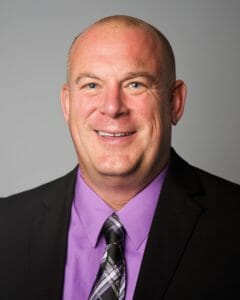
Compared to other medical subspecialties, palliative care is relatively young, but it has grown substantially in the last 20 years. As of 2019, 71.5% of US hospitals with more than 50 beds have a palliative care program, compared to just 7.0% in 2001 (Morrison & Meier, 2019). More recently, palliative care outside of the hospital setting has increased in popularity.
But palliative care is an often-misunderstood term. Even for patients and providers who believe they understand what it is, there is evidence that many misconceptions exist. Recurrent misunderstandings and misrepresentations of palliative care prevent patients from getting the care that they need when they need it. We must, therefore, correct the record for all clinicians treating seriously ill patients.
Palliative care is specialized medical care for people living with serious illness. Focused on providing relief from the symptoms and stress of serious illness, the goal is to improve quality of life for both the patient and the family.
Provided by a team of specialists who work together with a patient’s other doctors to provide an extra layer of support, palliative care is based on the needs of the patient, not on the patient’s prognosis. It is appropriate at any age and at any stage, and it can be provided along with curative treatment.
How do we do this? We do this by providing complex pain and symptom management, and in-depth communication geared to quality of life. We acknowledge that our patients are humans with feelings, emotions, and lives outside of the exam room. We view the whole person, provide the facts – and we listen. We allow space for silence and we validate feelings. We do all of this while our patients receive disease-targeted treatment.
Palliative care provides an extra layer of support while people get the best of what medicine has to offer in terms of cure. It is recommended that palliative care be provided all the way upstream, even upon diagnosis, if the need to mitigate complex symptoms and stress is there. Patients who are mothers, fathers, daughters and sons deserve this.
Andrew Esch, MD, MBA is senior education advisor at the Center to Advance Palliative Care.




